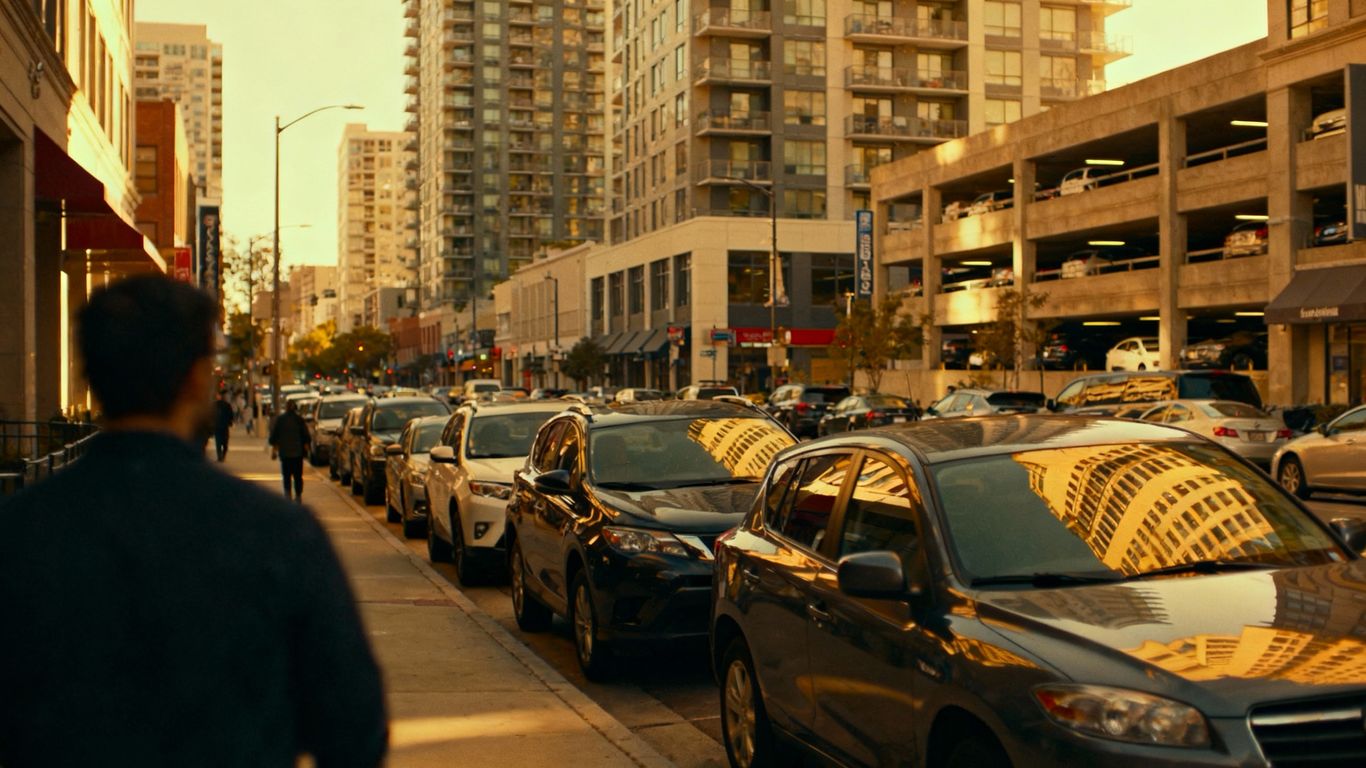
British Columbia's aggressive stance on reducing parking requirements and increasing parking fees, inspired by urban planning professor Donald Shoup's theories, is encountering unexpected hurdles. While intended to curb car dependency and reduce emissions, these policies are creating significant difficulties in the current real estate market, particularly for condo sales.
Urban planning professor Donald Shoup, known for his book "The High Cost of Free Parking," advocated for rigorous pricing of parking based on supply and demand and the elimination of mandatory on-site parking for new developments. His ideas have been widely adopted by B.C. and its municipalities, aiming to reduce urban sprawl, encourage alternative transportation, and lower carbon emissions.
Despite the well-intentioned goals, the shift away from ample parking is not effectively reducing car ownership. Data from the City of New Westminster indicates that vehicle ownership rates in Metro Vancouver have remained stagnant for eight years, with nearly half of residents still owning a car. This disconnect between policy and reality is resulting in several unforeseen consequences, primarily financial in nature.
One of the most immediate impacts is the difficulty real estate agents face in selling condominiums that do not include a parking stall. Prospective buyers are increasingly hesitant to purchase properties without this amenity, highlighting a persistent demand for vehicle accommodation that current policies are not adequately addressing. This trend suggests that the financial implications of parking, both for developers and buyers, are more significant than anticipated.